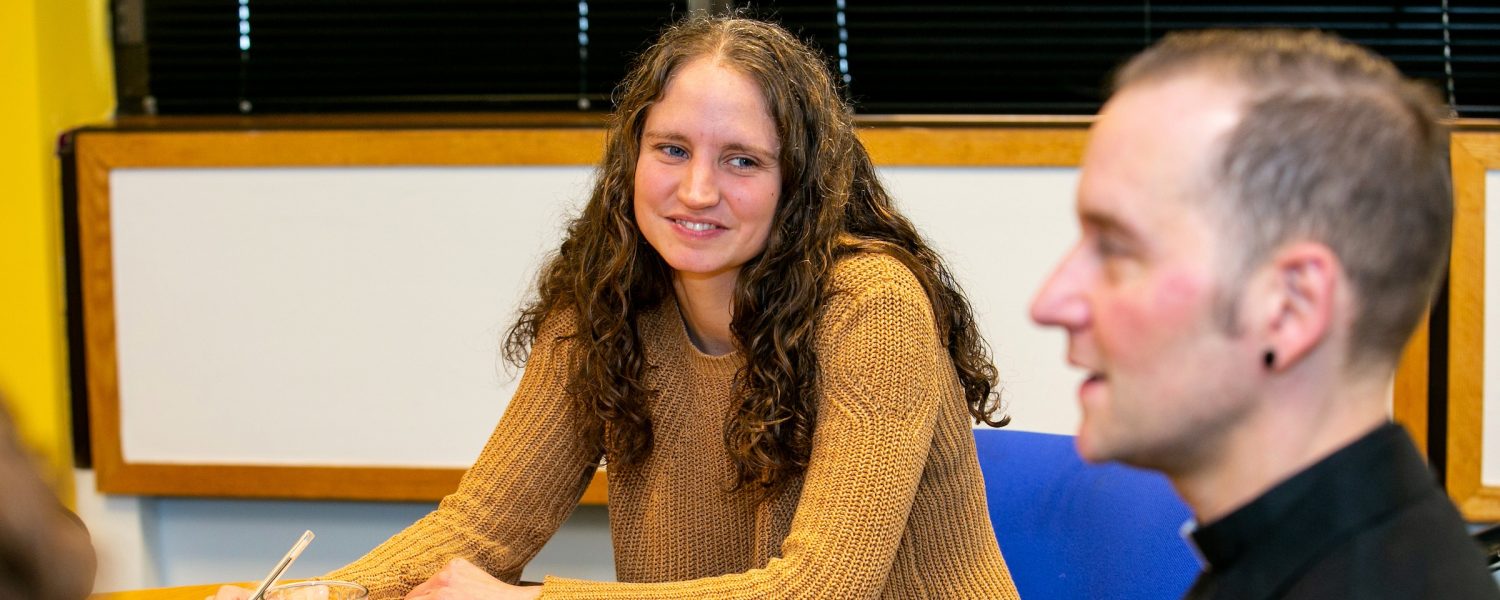How did you get involved in SIM, Chris?
I had learned from my years in industry how important it is to invest in and care for people – a principle so often stated but sadly so infrequently applied. After early retirement, I soon found myself on the SIM management group and was appointed Chair in 2016.
What is SIM?
SIM is a free-to-users scheme for the pastoral support of all those in ministry – that’s clergy, readers, churchwardens, youth workers, lay leaders, and their partners. It was launched in 1990 and is sponsored by the diocese. SIM aims to support and encourage ministers in their vocation, helping and challenging them to use their gifts creatively and effectively.
How does it work?
At its heart is a totally confidential conversation between a minister – the ‘user’ – and a volunteer – the ‘assistant’ – who has no connection with the user, their parish or area of work. Users typically meet their assistants three to four times a year for up to two hours. Users are encouraged to talk about whatever they wish, which can range from ministry-related matters to personal concerns.
What is take-up like? Has it increased over the years?
Take-up has been consistent at 100-120 for several years. This doesn’t mean we are not getting new people; we typically welcome about 20 new users each year but this is balanced by people leaving the scheme – usually retiring or relocating.
Who are your assistants? How do you invest in them?
Our 60 assistants come from a wide variety of backgrounds. Some are ordained but the great majority are lay people and all are volunteers. They undergo a two-day training and selection workshop and, if accepted, are then allocated one or more users. Assistants all get together for an annual meeting, which is an opportunity to meet one another and the management group and to get some further training. Assistants are also required to attend professional supervision twice a year.
Do you struggle to recruit and retain assistants?
Not usually – people are delighted to be able to provide support to ministers who themselves spend their whole lives caring for others. Once appointed, most remain in their roles for many years. We recruit a few new assistants each year to replace those who retire from the scheme.
What is your budget?
Our budget is £5000 per annum from the diocese. This is mostly spent on the professional counsellors who are a vital part of the scheme, caring for and advising our assistants.
What challenges have you come up against?
The main challenge is persuading people to seriously consider making time for SIM ie for themselves. Ministers are constantly bombarded with invitations to join this or that group or initiative. Many ministers are overstretched and reluctant to devote more of their time to yet another thing. Of course, because the scheme is entirely voluntary, those who do give SIM a chance and stay with it clearly demonstrate the value they place on it.
Who falls through the SIM net? How do you reach those people?
We have purposely opened up the scheme to anyone in ministry, defining ministry as broadly as possible so that no-one feels excluded. We try to reach everyone who might be interested in SIM and use all media available – not least word of mouth and making short presentations to groups of ministers whenever and wherever they meet. Someone may decide SIM is not for them at some point but unless they are continually reminded about the scheme, they may not recall it when their circumstances change.


